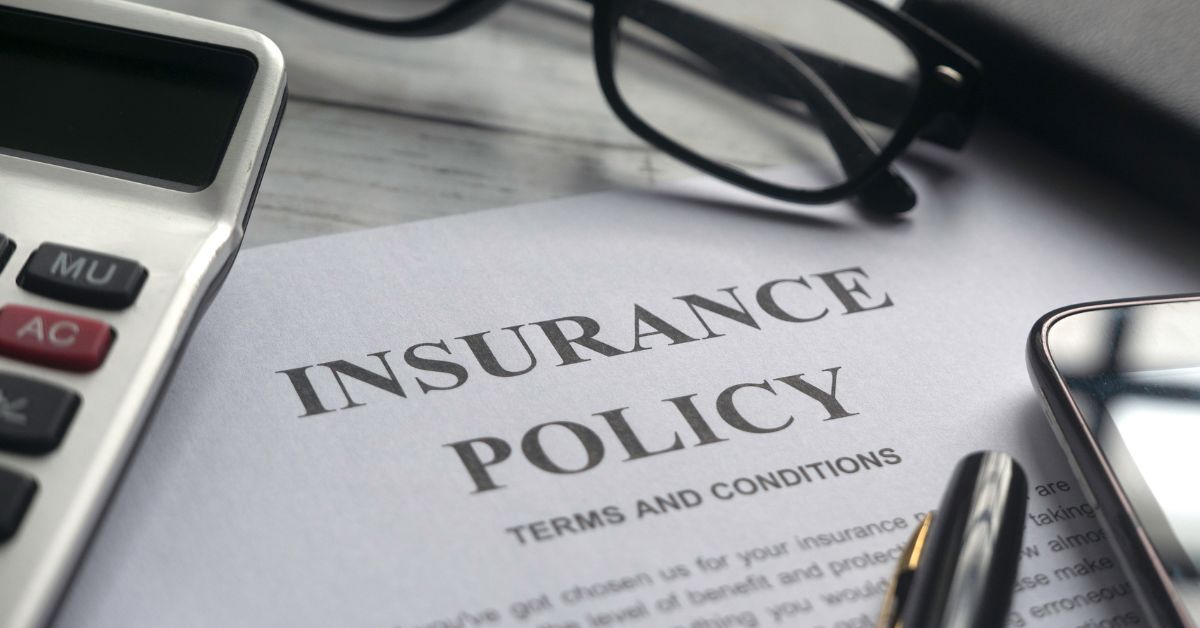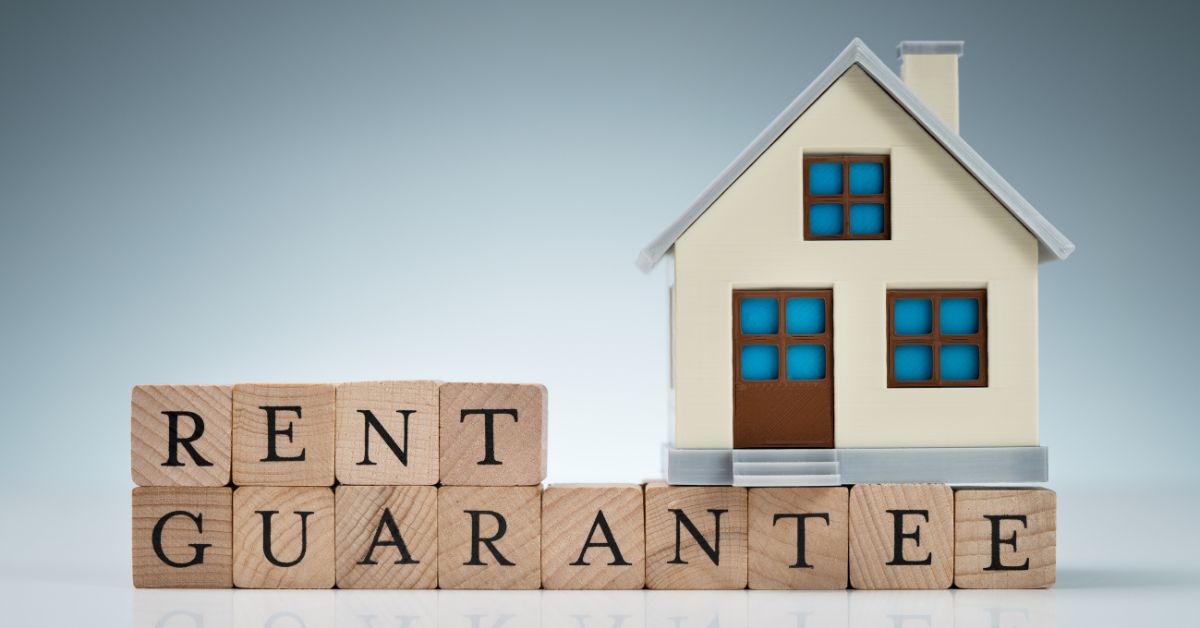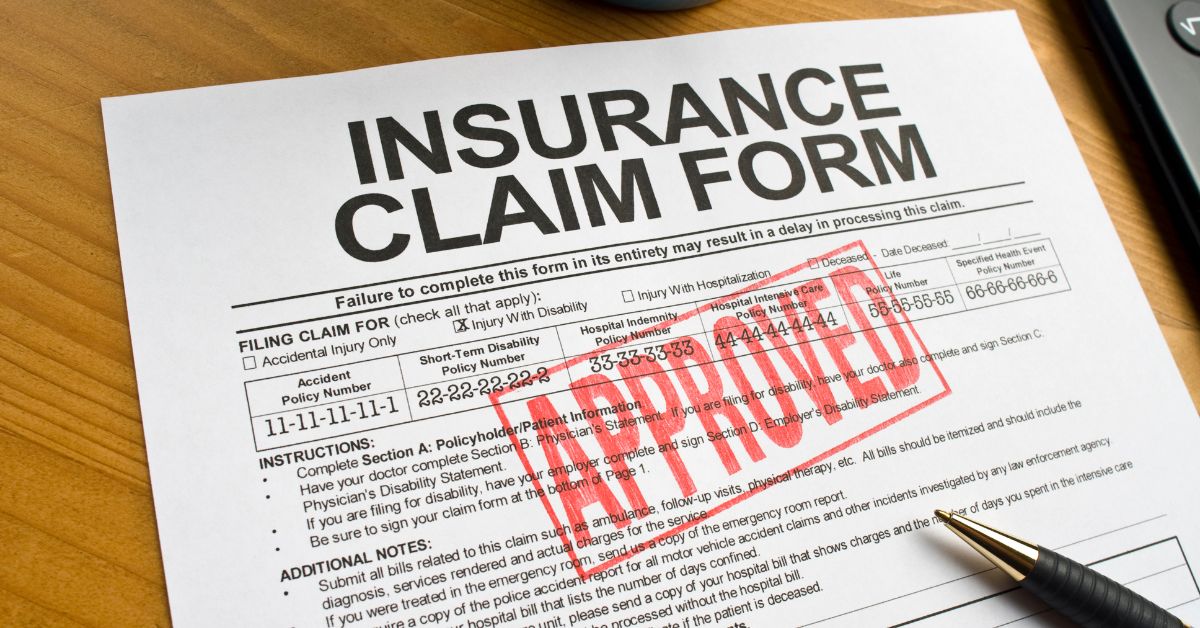The Importance of Landlord Insurance
As a landlord, it's crucial to recognize the risks associated with renting out your property and take steps to protect your investment. Landlord insurance provides a vital layer of financial protection that safeguards your property and mitigates potential risks. Here's why landlord insurance is essential for property owners:
Understanding the risks faced by landlords:
Renting out a property comes with inherent risks that can lead to significant financial losses. These risks include property damage caused by tenants, legal disputes, loss of rental income during periods of vacancy, and potential lawsuits. Without adequate insurance coverage, landlords may find themselves facing substantial financial burdens.
The financial protection provided by landlord insurance:
Landlord insurance offers comprehensive coverage specifically tailored to the unique needs of property owners. It typically includes property damage coverage, which protects against losses caused by fire, vandalism, storms, or other covered perils. Additionally, landlord insurance often includes liability coverage, safeguarding against injuries or property damage caused by tenants or their guests. This coverage can help cover legal fees and settlements if a lawsuit arises.
Key differences between landlord insurance and regular homeowner's insurance:
It's important to note that standard homeowner's insurance policies may not provide adequate protection for rental properties. Landlord insurance is specifically designed to address the unique risks faced by landlords. While homeowner's insurance primarily focuses on protecting the property and personal belongings of the homeowner, landlord insurance takes into account the additional risks associated with tenant occupancy and rental income.
Landlord insurance typically offers coverage for loss of rental income, compensating landlords for the income they would have earned if the property becomes uninhabitable due to covered perils. This coverage is crucial for landlords who rely on rental income to cover mortgage payments or other financial obligations. Additionally, landlord insurance may offer options for rent guarantee coverage, which protects landlords from non-payment of rent by tenants in the event of a covered situation such as property damage that renders the property uninhabitable.
In summary, landlord insurance is a vital tool for protecting your property investment. It provides financial security by covering property damage, liability risks, loss of rental income, and legal disputes. While homeowner's insurance may provide some coverage, it often falls short of addressing the specific risks associated with renting out a property. By investing in landlord insurance, you can have peace of mind knowing that you have the necessary protection to safeguard your investment and navigate potential challenges that may arise as a landlord.
Coverage Options and Policy Features

When it comes to protecting your investment property, having the right landlord insurance is crucial. Landlord insurance offers specific coverage options and policy features tailored to the needs of property owners. Here's a closer look at what you need to know:
Exploring the different types of landlord insurance policies:
Landlord insurance policies can vary depending on the type of property you own and the level of coverage you require. Some common types of landlord insurance policies include:
- Dwelling Coverage: This type of policy protects the physical structure of your rental property, including the building itself, walls, and roof.
- Liability Coverage: Liability coverage safeguards you against claims made by third parties, such as tenants or visitors, for injuries or property damage that occur on your rental property.
- Contents Coverage: Contents coverage protects your personal belongings or furnishings provided in the rental unit, such as appliances or furniture.
Essential coverage elements to consider:
When selecting a landlord insurance policy, it's important to consider the following essential coverage elements:
- Property Damage: Ensure your policy covers damages caused by covered perils like fire, storms, vandalism, or theft.
- Loss of Rental Income: Look for coverage that compensates you for lost rental income if your property becomes uninhabitable due to covered damages.
- Legal Expenses: Find a policy that includes coverage for legal expenses in case you need to defend yourself against a lawsuit.
Additional policy features that can enhance your protection:
To further enhance your protection, consider the following additional policy features:
- Rent Guarantee: Some policies offer rent guarantee coverage, which provides financial reimbursement in case your tenant defaults on rent payments. This is rarely available, however. Our company is able to offer this through a special Owner Benefits Package which includes a dedicated insurance policy for this.
- Landlord Liability Umbrella: This feature extends liability coverage beyond the limits of your primary policy, offering extra protection in case of a catastrophic event or significant lawsuit.
- Malicious Damage: Look for coverage that includes protection against intentional damage caused by tenants or their guests.
In conclusion, understanding the coverage options and policy features available in landlord insurance is essential for safeguarding your property investment. By exploring different policy types, considering essential coverage elements, and opting for additional features, you can ensure comprehensive protection for your rental property and enjoy peace of mind as a landlord. Remember to review different insurance providers, compare policies, and select the one that best suits your specific needs as a property owner.
Insuring Your Rental Property: What to Look For

When it’s time to insure your rental property, it's essential to evaluate its specific needs to ensure adequate coverage. Here are some key factors to consider when selecting the right insurance policy for your rental property.
Evaluating the specific needs of your rental property:
- Assess the value of your property: Consider the replacement cost of the building, as well as any additional structures on the premises.
- Evaluate the contents: Take into account the value of the furnishings and appliances provided to tenants, as well as any personal property you keep on-site.
- Consider the location: Factors such as crime rates, weather risks, and proximity to emergency services can impact the level of coverage you require.
Choosing the right level of coverage based on property type and location:
- Single-Family Homes: These properties typically require basic coverage for the building structure and liability protection.
- Multi-unit Buildings: For apartments or duplexes, consider coverage that accounts for multiple units, shared spaces, and potential liability concerns.
- Condos or Townhouses: Verify if your property falls under a homeowners' association (HOA) insurance policy, and determine the coverage gaps that need to be filled.
- Vacation Rentals: Specialized insurance may be necessary for short-term rental properties due to increased risks associated with frequent turnover of tenants.
Factors that impact premium rates and deductible options:
- Property Age and Condition: Older properties or those in disrepair may carry higher premiums due to increased risks.
- Security Features: Installing security systems, smoke detectors, and deadbolt locks can often lead to lower premiums.
- Rental History and Tenant Screening: A strong rental history and thorough tenant screening process can demonstrate responsible property management, potentially lowering your premiums.
- Choice of Deductible: Opting for a higher deductible can lower your premium but consider your financial ability to cover the deductible in case of a claim.
Remember, it's crucial to review and compare policies from different insurance providers to find the best coverage and value for your rental property. Consult with an insurance professional to ensure you understand the specific terms, conditions, and limitations of each policy option before making a decision.
By carefully assessing your rental property's needs, choosing the appropriate coverage level, and considering the factors that impact premium rates, you can safeguard your investment and protect yourself from potential financial loss.
Mitigating Risks: Liability and Legal Protection

As a landlord, it's crucial to understand the risks associated with property ownership and take proactive steps to protect your investment. One of the key aspects of landlord insurance is liability coverage, which provides financial protection against potential lawsuits and tenant-related issues. Here, we will explore the importance of liability coverage and how it safeguards landlords.
Liability coverage provided by landlord insurance acts as a shield against unexpected accidents or incidents that may occur on your rental property. It typically covers bodily injury and property damage caused by your negligence as a landlord. For instance, if a tenant or visitor slips and falls on a poorly maintained staircase, resulting in injuries, your liability coverage can help cover medical expenses and legal costs.
Additionally, landlord insurance protects you against legal disputes and tenant-related issues. It may even include coverage for legal fees and court costs if you need to evict a tenant due to non-payment of rent or lease violations (although this is rare). This coverage is particularly valuable as legal proceedings can be time-consuming and expensive, and having insurance in place ensures that you are financially prepared.
Another aspect of liability coverage is protection against property damage caused by tenants and potential lawsuits. While tenant screening and background checks are important, unforeseen situations may arise. In the unfortunate event of intentional damage caused by a tenant, such as vandalism or excessive negligence, landlord insurance can provide coverage for the repairs and replacements necessary to restore your property.
Moreover, lawsuits arising from alleged discrimination or violation of tenants' rights are becoming increasingly common. Landlord insurance often includes coverage for legal defense expenses and damages awarded in such cases, offering crucial protection and peace of mind.
To maximize the benefits of liability coverage, it's essential to review your policy carefully and ensure that it adequately covers potential risks specific to your rental property. Consult with your insurance provider to understand the limits and exclusions of your policy and consider additional coverage options if needed.
Loss of Income Coverage and Rent Guarantee

One of your primary concerns as a landlord is to maintain a steady stream of rental income. However, unforeseen circumstances can disrupt this cash flow, leading to financial instability. This is where the loss of income coverage and rent guarantee insurance comes into play, offering valuable protection and peace of mind.
Loss of rental income coverage is a component of landlord insurance that safeguards your financial interests when your rental property becomes uninhabitable due to covered perils such as fire, storm damage, or other disasters. This coverage ensures that you continue to receive rental income during the necessary repairs or rebuilding process, mitigating the financial impact of the temporary vacancy.
Rent guarantee insurance is a separate policy that provides additional protection in cases of non-payment by tenants. It is particularly beneficial in situations where you heavily rely on rental income to cover mortgage payments, property expenses, or other financial obligations. Rent guarantee insurance can help cover the lost income when tenants fail to pay rent or vacate the property without fulfilling their contractual obligations. Revolution provides two months of rent guarantee coverage to our clients as part of our Owner Benefits Package, which partners with an insurance provider.
By investing in loss of income coverage and rent guarantee insurance, landlords can ensure financial stability during periods of vacancy or non-payment. These policies offer a safety net, allowing you to maintain a steady cash flow and meet your financial responsibilities even when unforeseen circumstances or tenant issues arise.
Before choosing a policy, it's crucial to review the coverage details, exclusions, and any limitations. Each insurance provider may have different terms and conditions, so it's essential to select a policy that aligns with your specific needs and risk tolerance.
Navigating the Claims Process

Filing an insurance claim can be a daunting task, but understanding the process and being prepared can make a significant difference in the outcome. When it comes to landlord insurance, knowing the steps to follow, the required documentation, and some tips for a smooth claims experience can help you maximize your settlement. Here's what you need to know:
Steps to Follow:
- Contact your insurance provider as soon as possible to report the claim.
- Provide accurate and detailed information about the incident or damage.
- Follow any specific instructions or forms provided by your insurer.
- Cooperate fully with the claims adjuster and provide any additional information they may request.
- Keep track of all communication, including dates, names, and reference numbers.
Documentation and Evidence:
- Document the damage or incident by taking clear photos or videos.
- Keep receipts and invoices for any repairs or replacements.
- Maintain a record of any conversations related to the claim.
- Gather any relevant contracts, lease agreements, or other supporting documents.
- Provide proof of ownership or purchase, such as property deeds or receipts.
Tips for a Smooth Claims Experience:
- Read your policy carefully to understand the coverage and exclusions.
- Be proactive and provide prompt and accurate information to your insurer.
- Keep all receipts and invoices related to the claim.
- Seek professional assistance if needed, such as contractors or public adjusters.
- Maintain open and transparent communication with your insurance provider.
By following these steps, gathering the necessary documentation, and implementing these tips, you can navigate the claims process for landlord insurance with confidence. Remember, a smooth claims experience can help maximize your settlement and provide the financial support you need to protect your investment.
.jpg)
Secure Your Investment with Comprehensive Landlord Insurance
In conclusion, landlord insurance is a vital safeguard for property owners, offering essential protection for their investment. By recapitulating the risks faced by landlords and the financial implications they may entail, it becomes evident that landlord insurance is not a luxury but a necessity. It provides peace of mind, knowing that your property is shielded from potential perils such as property damage, liability claims, and loss of rental income.
With comprehensive landlord insurance, you can mitigate the financial impact of unforeseen events and safeguard your investment. Whether it's coverage for property damage caused by tenants, legal disputes, or loss of rental income during vacancies, the right policy ensures you're prepared for any eventuality.
To secure your investment effectively, it's crucial to explore different policies and select one that aligns with your specific needs. Carefully evaluate the coverage options, policy features, and premium rates to find the perfect balance of protection and affordability. Don't leave your property investment vulnerable; take proactive steps to safeguard it with comprehensive landlord insurance tailored to your requirements.


